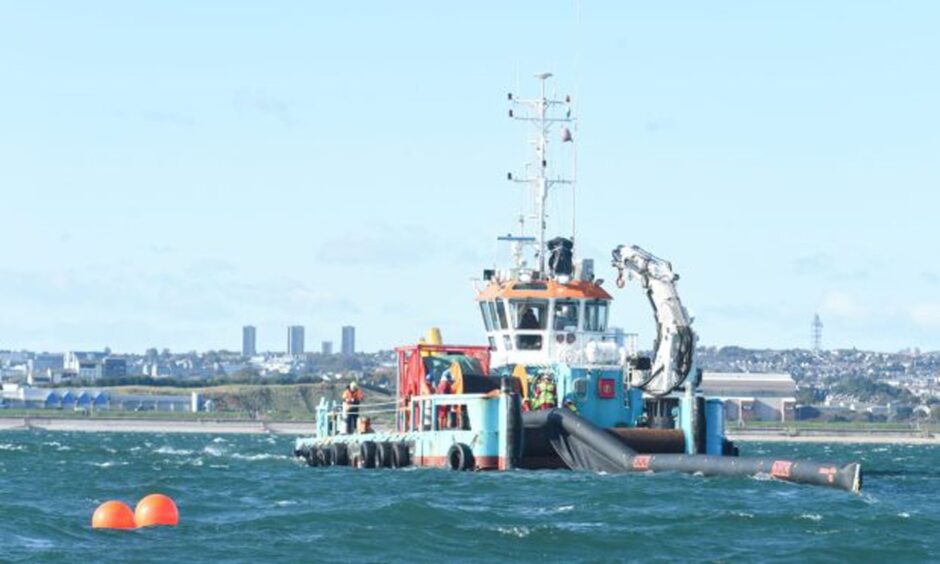
A major training exercise testing the response to a “serious oil spill” is being held off Aberdeen.
After days of stormy weather, bright blue skies suddenly emerged as crews welcomed the P&J on board for a close-up look at the action.
The waves glistened in the warm sunlight as the Rib rocked gently from side to side about a mile from Aberdeen’s north harbour on Wednesday afternoon.
And although the North Sea was pleasantly calm, members of the Maritime Coastguard Agency’s (MCA) counter-pollution and salvage team were scrambling to action.
Luckily, this was just a training exercise and the crew was simulating the clean-up of a 750-tonne oil spill after two vessels collided.
The three-day counter-pollution training is being led by the MCA and is described as its “biggest rehearsal” of 2023.
How do teams tackle an oil spill?
Three vessels were involved in the mock clean-up, and it was all hands on deck to inflate a 656ft boom that would contain the oil spanning over four miles by a mile.
Another vessel then hooks the boom and pulls it around into a “U” formation to contain the oil slick.
Once the slick is contained, a skimmer would be used to pump up the oil to remove it— but sometimes helicopters will be drafted in for surveillance and to spray the area with a dissolvent.
Stopping oil spill from reaching the shore
According to Stan Woznicki, head of counter pollution and salvage, it is crucial to stop the oil from reaching the shoreline.
This is because once the oil reaches the shore it can be absorbed, and the tide can carry the oil back out to sea.
With sea spray skimming over the side of the Rib, Mr Woznicki explained that it’s much easier to contain and collect oil while it is still at sea, but this work is all “weather dependent”.
If the conditions are too harsh the mechanical containment and recovery won’t work, but in some cases, the sea will break up the pollution naturally and draw it away from the shoreline.
Speaking to me from the back of the vessel, the Aberdeen skyline in the background, he said: “You may have to leave it to nature to take its course…
“But we’ll help it wherever we can — if we can’t use mechanical containment and recovery, we may be able to use dispersals if it’s in the right location.
“The weather does play an enormous part in this, there are times when it might be marginal but you may have to make the effort to stop it from impacting somewhere more sensitive.”
‘Once you’ve got oil in the water, there are no good options…’
The MCA works to prevent spills by inspecting vessels and ports regularly.
Although the polluter has a responsibility to clean up their own spills the team will help them and have the ability to respond to incidents quickly.
Mr Woznicki finished: “I’m afraid, once you’ve got oil in the water, there are no good options.
“That’s why we try all the time to make sure it doesn’t happen. We have lots of different tools we can use and some will be suited in some cases, and some won’t. That’s part of the art I suppose, knowing what just might work best to contain the problem.
“If you let Mother Nature do it, she will do it, but what she doesn’t like is a lot all at once. If we can break it up, or collect some of it, then the whole erosion process can be made more efficient.”
Why has training been carried out in Aberdeen?
MCA chief executive Virginia McVea has been on the water assessing the training off Aberdeen.
She explained it’s useful for the teams to practice in situations that could “possibly come to pass”.
Ms McVea said: “That’s why we’re about one nautical mile off the coast of Aberdeen today, but operations for MCA deploy all around the coastline of the UK.
“We do everything we can to prevent this kind of situation with our survey and inspection of all the vessels and ports around the UK.
“But, should it happen, obviously the impact there could be on marine life, the coastline, industry, businesses, and people living along the coast is almost unthinkable.”
The MCA has specialist equipment in bases around the UK, including in Dundee, ensuring responses to incidents around the country are within 15 hours.
Ms McVea stressed teams are “normally much faster than that”, and will be on-site “almost immediately”.
The MCA exercise is being held just off the Port of Aberdeen and will run until Thursday involving a small fleet of vessels and about 50 people from various organisations.
Representatives from Port of Aberdeen, the Marine Directorate of the Scottish government and other oil spill response organisations from across the UK are among those involved.
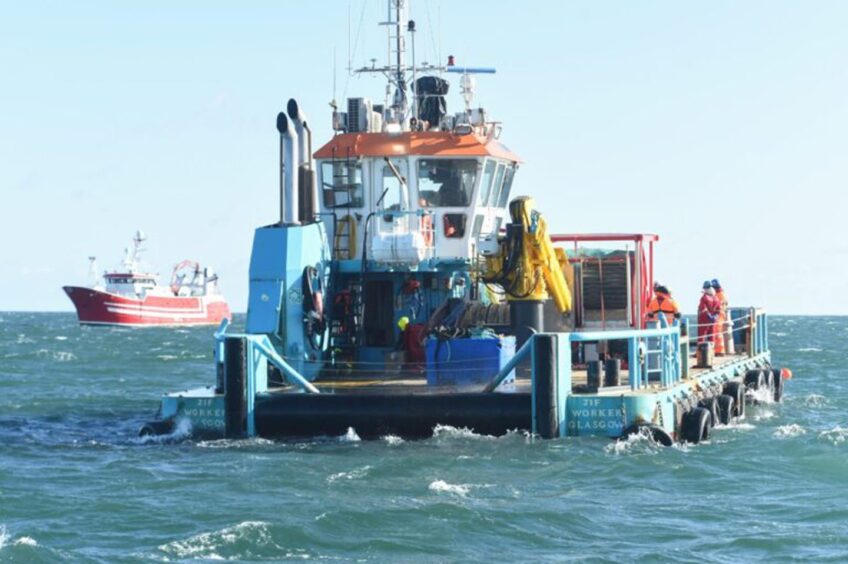 © Supplied by Jason Hedges / DC Th
© Supplied by Jason Hedges / DC Th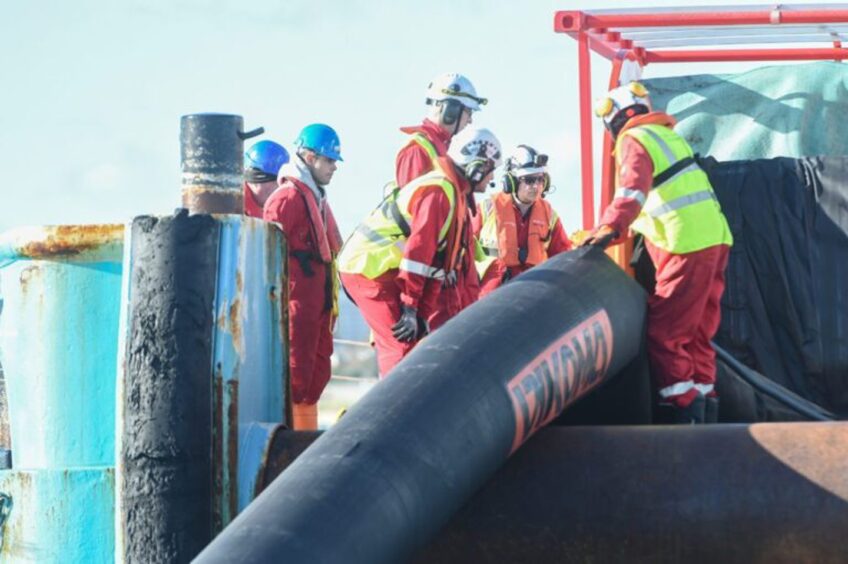
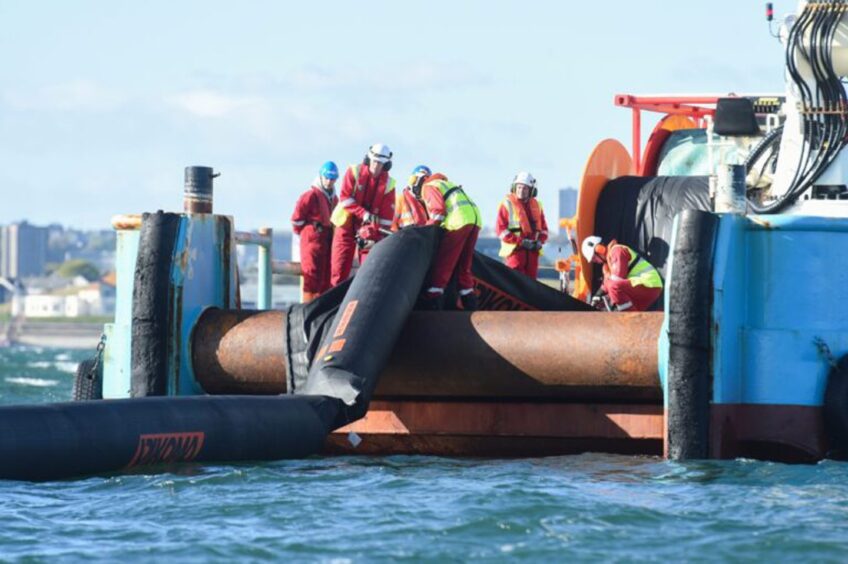
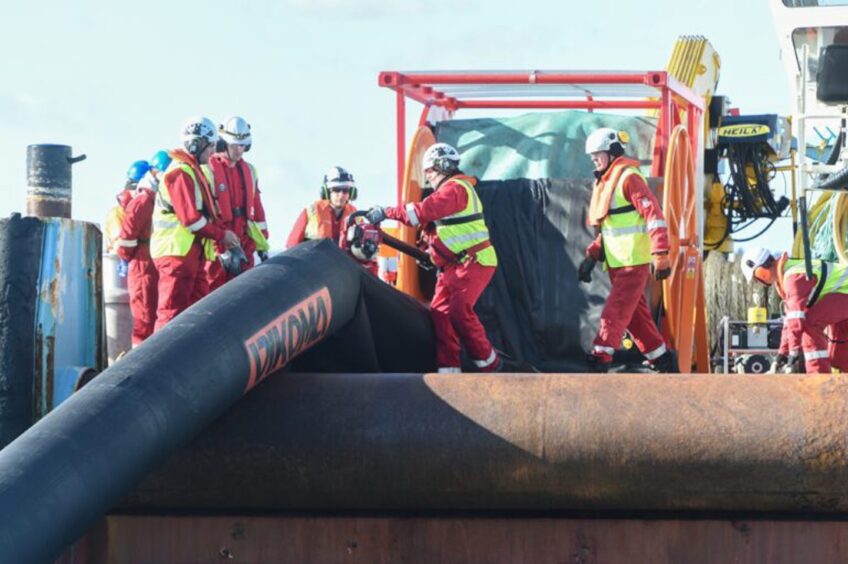
 © Supplied by Jason Hedges / DC Th
© Supplied by Jason Hedges / DC Th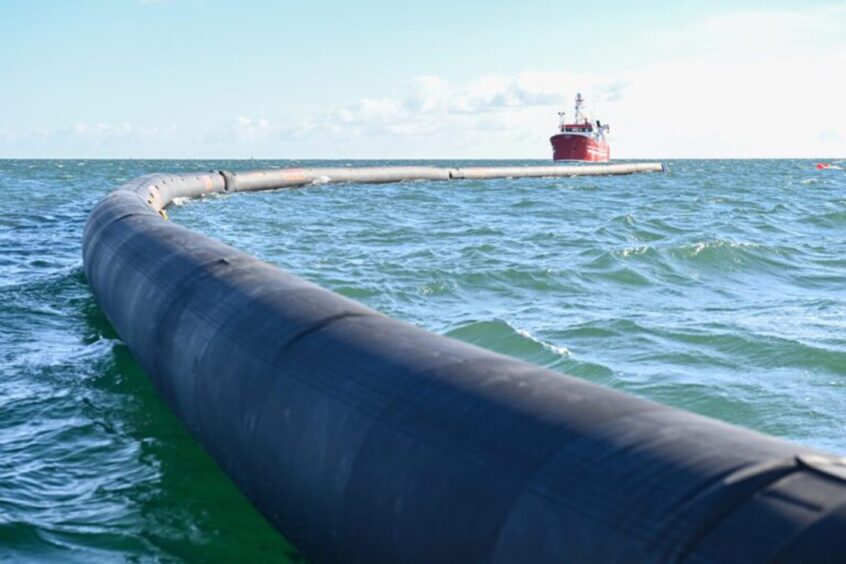 © Supplied by Jason Hedges / DC Th
© Supplied by Jason Hedges / DC Th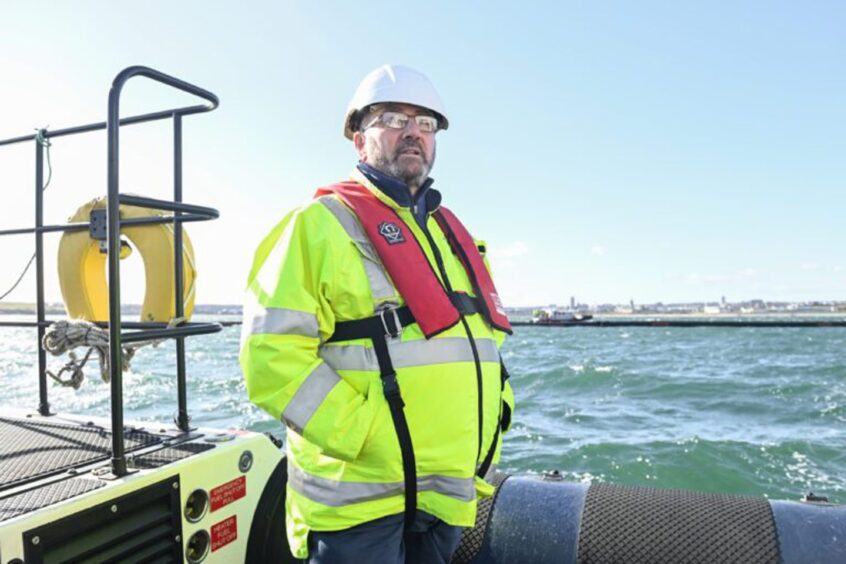 © Supplied by Jason Hedges / DC Th
© Supplied by Jason Hedges / DC Th © Supplied by Jason Hedges / DC Th
© Supplied by Jason Hedges / DC Th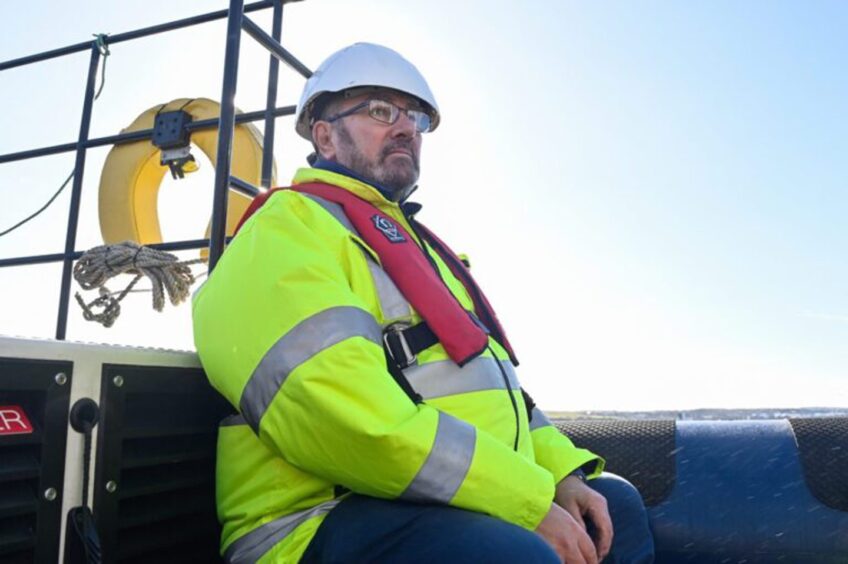 © Supplied by Jason Hedges / DC Th
© Supplied by Jason Hedges / DC Th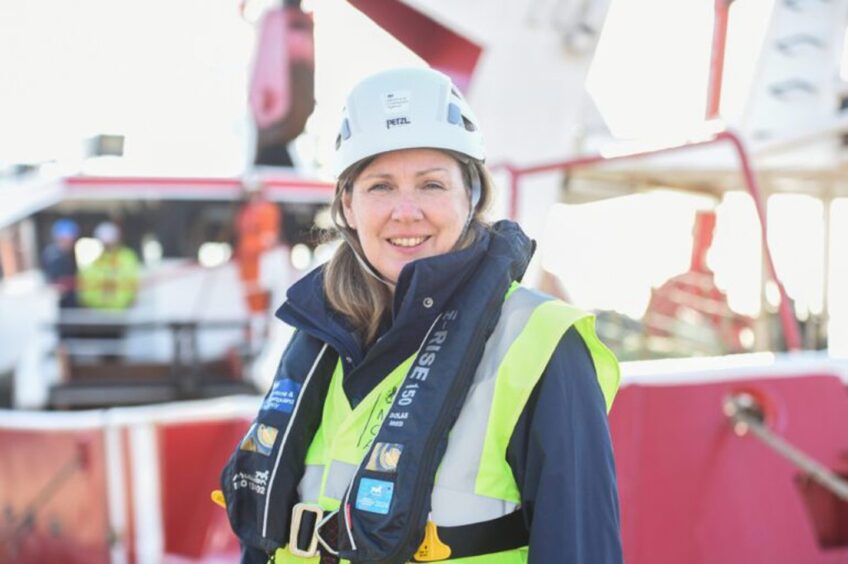 © Supplied by Jason Hedges / DC Th
© Supplied by Jason Hedges / DC Th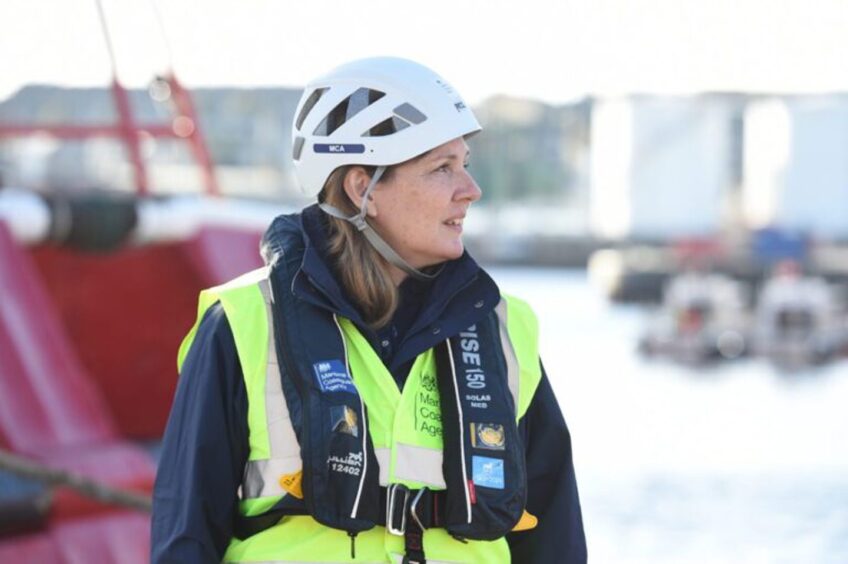 © Supplied by Jason Hedges / DC Th
© Supplied by Jason Hedges / DC Th